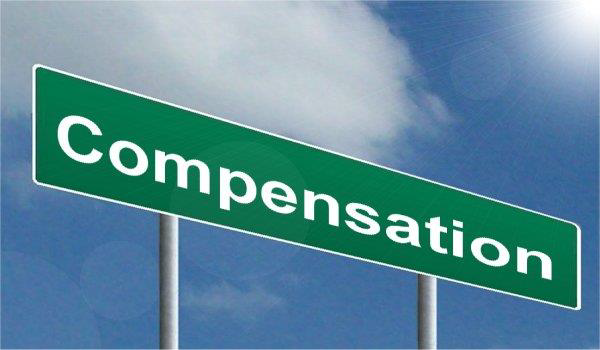This article is written by Deepak Sati, pursuing Diploma in Entrepreneurship Administrative and Business Law from NUJS, Kolkata.
In October 2016, government of the state of Bihar through the notification of Bihar Prohibition and Excise Act, 2016 notified a law which prohibited sale and consumption of alcohol in the state. The law provided for the punishment up to 7 years for consuming alcohol and fine in the range of Rs.1 lakh to 10 lakhs. Specifically, the law prohibited manufacturing, distribution, possession, purchase, sale and consumption of any sort of liquor, an intoxicating substance including bhang and medicines with alcoholic content.1
Is there any fundamental right to carry on business or trade in liquor?
Article 19(1) (g) of the Constitution of India promises Indian citizens:
to practise any profession, or to carry on any occupation, trade or business.
But this right is circumscribed by the provisions of clause (6) of the very article which says as follows:
Nothing in sub‐clause (g) of said clause shall affect the operation of any existing law in so far as it imposes, or prevent the State from making any law imposing, in the interest of general public, reasonable restrictions on the exercise of the right conferred by the said sub‑clause.
Crux of the discussion is that Article 19(1) (g) read with Article 19(6) spells out a fundamental right of the citizens to practise any profession or to carry on any occupation, trade or business so long as it is not prohibited or is within the framework of regulation, if any, if such prohibition or regulation has been imposed by the State by enacting a law in the interests of general public.
However, it is to be noted that under the provisions of Article 19(6) the prohibition, partial or complete, or the regulation, has to be in the interest of general public.
In the case of Khoday Distilleries Ltd. v. State of Karnataka (1994)2, a 5 judges bench of Supreme Court answered the question whether a citizen has any fundamental right to trade or business in liquor as beverage, in negative. The Court observed the State can prohibit completely the trade or business in potable liquor since liquor as beverage is res extra commercium i.e. beyond ownership⁄ commerce.
Supreme Court held that the power of state to regulate and to restrict the business in potable liquor impliedly includes the power to carry on such trade to the exclusion of others. It observed:
“Article 47 of the Constitution considers intoxicating drinks and drugs as injurious to health and impending the raising of level of nutrition and the standard of living of the people and improvement of the public health. It, therefore, ordains the state to bring about the prohibition of the consumption of intoxicating drinks which obviously include liquor, except for medicinal purpose. The state has, therefore, the power to completely prohibit the manufacture, sale, possession, distribution and consumption of potable liquor as a beverage”.
“For the same reason again, the State can impose limitations and restrictions on the trade or business in potable liquor as a beverage. The restrictions and limitations on the trade or business can again be both under Article 19(6) or otherwise”.
Now it clear that there is no fundamental right to carry any trade or business or profession in liquor industry. Any particular state government, in this case the government of state of Bihar, is well within its right to prohibit trade or business in liquor industry on the ground of interest of general public.
Ex‑workers can claim ‘compensation’ for injury arising out of work in the course of employment. And such an injury should result in disablement of the worker. If these three conditions are met employer of an establishment is liable to pay the compensation provided the workers should be employed in an activity which is either listed in schedule II of the Workmen Compensation Act, 1923 or any duty having connection with the specified activity mentioned in the schedule.
Thus we see that workers of an industry cannot get compensation by government, for the sake of assumption, if the industry they are working in is banned by the government. They can be compensated by the employer only for the injuries arising out of work in the course of employment, provide other conditions are fulfilled.
ENDNOTES
- https://thewire.in/59093/bihars-draconian-prohibition-law-will-drive-trade-underground/
- https://indiankanoon.org/doc/675008/
.
 Serato DJ Crack 2025Serato DJ PRO Crack
Serato DJ Crack 2025Serato DJ PRO Crack









 Allow notifications
Allow notifications


